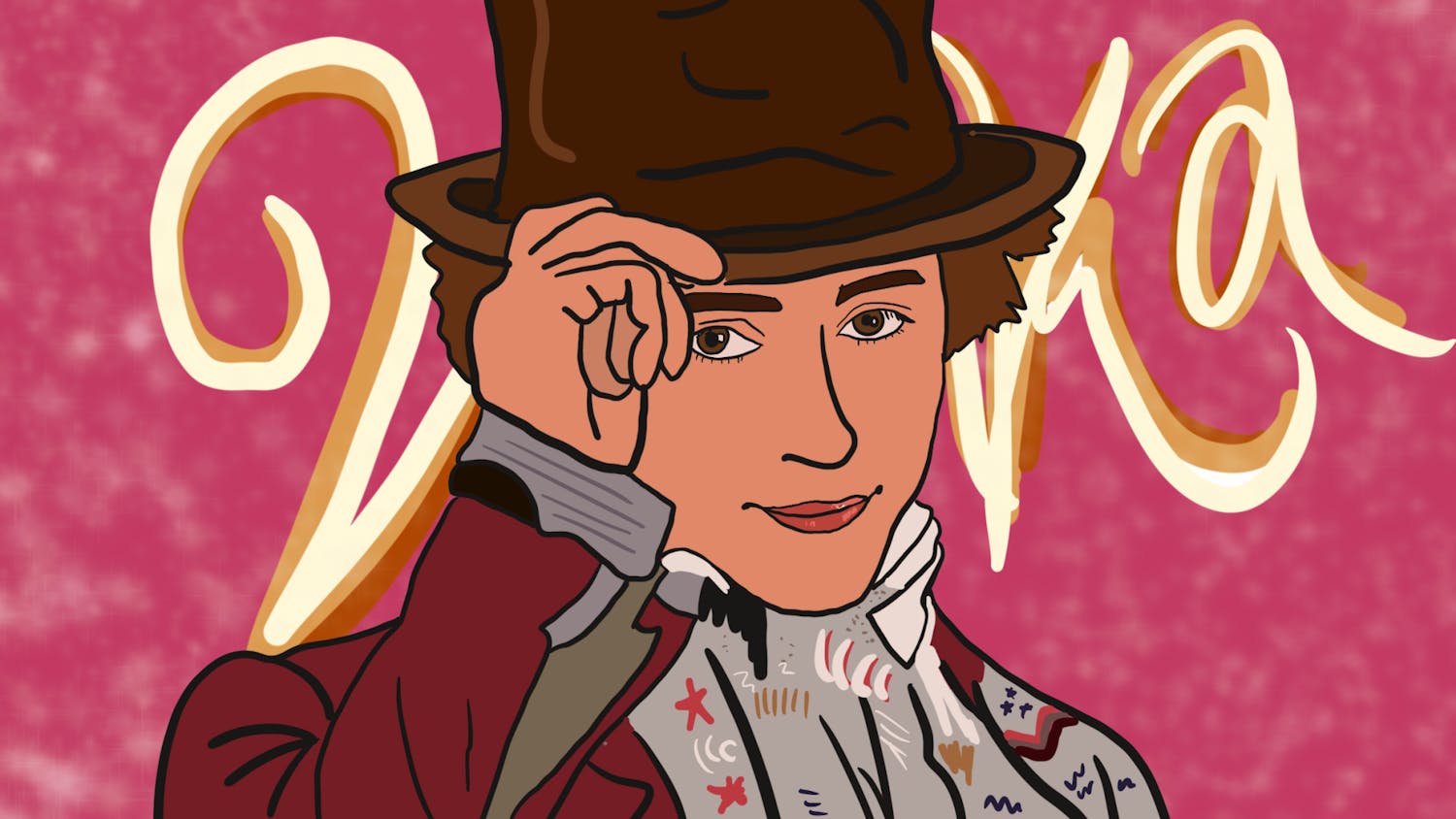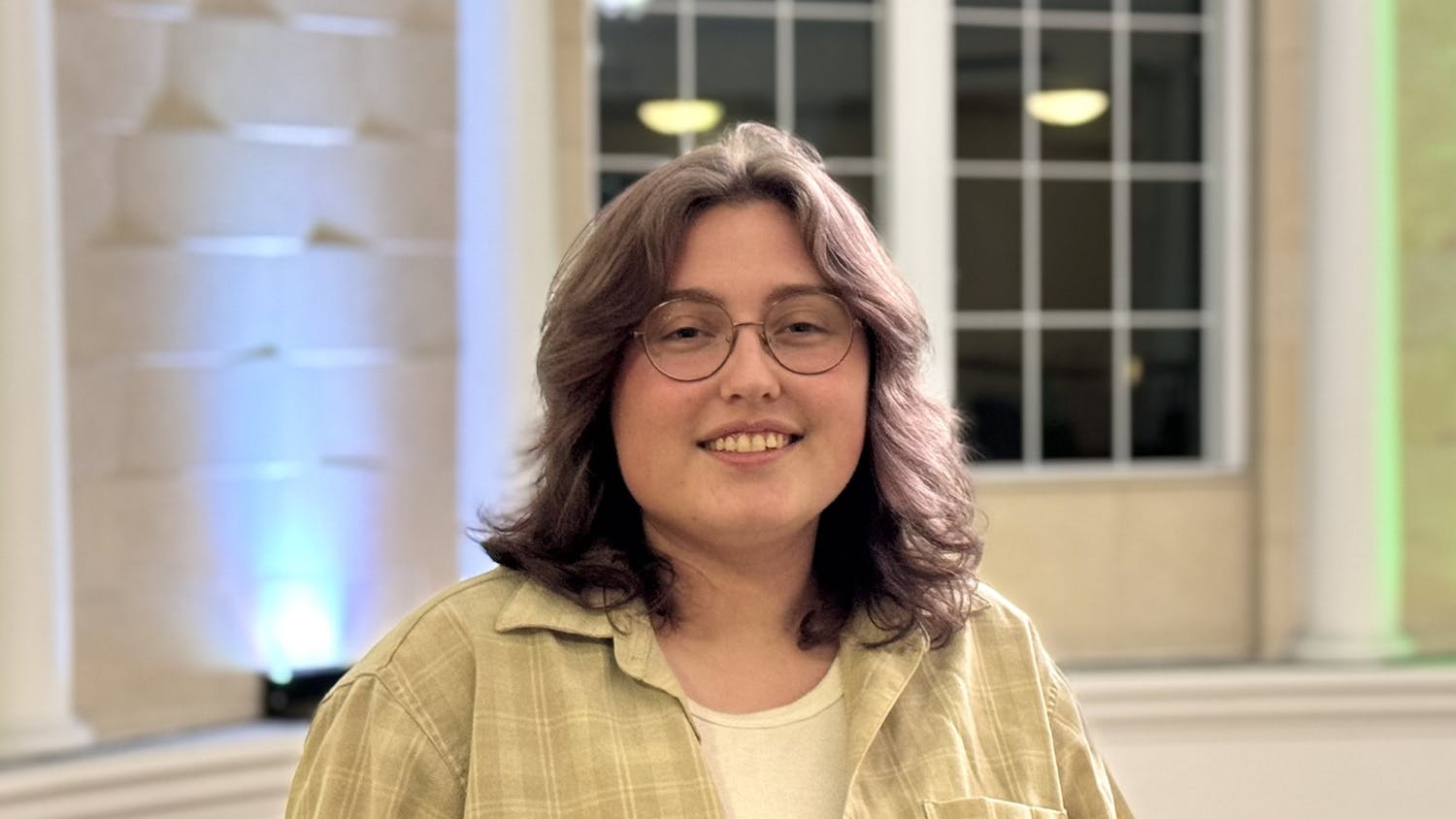“American Fiction” showcases one of the most complex and immersive looks into the life of a man struggling with personal and creative obstacles in the most heartbreaking and funny ways possible. The film is Cord Jefferson’s directorial debut and it does not disappoint.
Based on the novel “Erasure” by Percival Everett, “American Fiction” is a stunningly real and immersive look into the life of disgruntled college professor Thelonious “Monk” Ellison, and it tackles racial stereotypes in a fresh way. This film quickly became one of my favorites of the past few years.
The film begins with Monk being placed on a short leave of absence from his university after an explosive confrontation with a student over racial language. Right off the bat, we see Monk’s struggle with the hypersensitive and often superficial approach society takes when addressing racial issues; he hates the idea of writing a “Blacker” book, per the advice of his publisher.
He wants his work to be separate from his Blackness and the stereotypes that seem to infect every aspect of Black media. His disdain only worsens when he encounters the work of author Sintara Golden and her most recent book release, “We’s Lives in Da Ghetto.” The book encapsulates his contempt for the world that panders to Black stereotypes for white audiences. We constantly see harmful stereotypes in the media, and having a Black character navigate these themes is a great way to depict the problems in a way that isn’t performative.
The film’s writing felt purposeful and was laugh-out-loud hilarious at points, which after seeing phenomenal depictions of grief is refreshing and real. With fantastic chemistry between the actors, the build-up to these major events feels sudden and shocking and it only adds to the reality of the plot. The film captures your attention almost immediately.
“American Fiction” is packed to the brim with awe-inspiring shots of nature that contribute to the beautiful atmosphere the film continues to build throughout. It feels like you’re there, experiencing these hurdles with Monk and feeling exactly what he feels. The ability to convey the strength of human emotions through visuals is powerful, and this film delivers. At this point in the film, I felt fully immersed in this universe of characters. Combining the realness of the film with the dissection of racial stereotypes was a great way to depict the themes of the film in a captivating way.
In combination with the journey through Monk’s complicated family life, we see Monk grow as a character when he does the very thing he has criticized: write a novel chock full of Black stereotypes. With this comes a creative depiction of the writing process that illustrates Monk’s hesitation and aloofness toward the idea of writing stereotypes. From there, Monk spirals when his joke novel becomes a bestseller and he is forced to navigate his personal hell of perpetuating Black stereotypes.
“American Fiction” dissects the media's fixation on producing and the audience's obsession with consuming Black stories stuffed with stereotypes in a captivating way. We see these stereotypes applied to Monk as he goes about his life, whether it is through artwork, books or TV. Then, we see Monk’s family navigating problems that are never portrayed in the media and the agony that comes along with often underrepresented problems Black families face.
The saturated movie releases recently have made it almost impossible to find an original film worth going to a theater to watch. After I watched “American Fiction,” my faith in the movie industry was reborn.
The film’s ability to navigate these hard topics through the lens of family is something I had never seen before. This approach in the film was well-defined, clear and created a dialogue that isn’t discussed in media. Stories like this need to be told and represented — stories that aren’t typical or cliche, but navigate hard topics like racial stereotypes and racism. I can only hope more films like this will be made and we can leave behind the trend of remakes and reimaginings.
Haylee Leasure is a sophomore studying journalism. Please note that the opinions expressed in this column do not reflect those of The Post. Want to talk about the column? Email Haylee at hl125421@ohio.edu.





